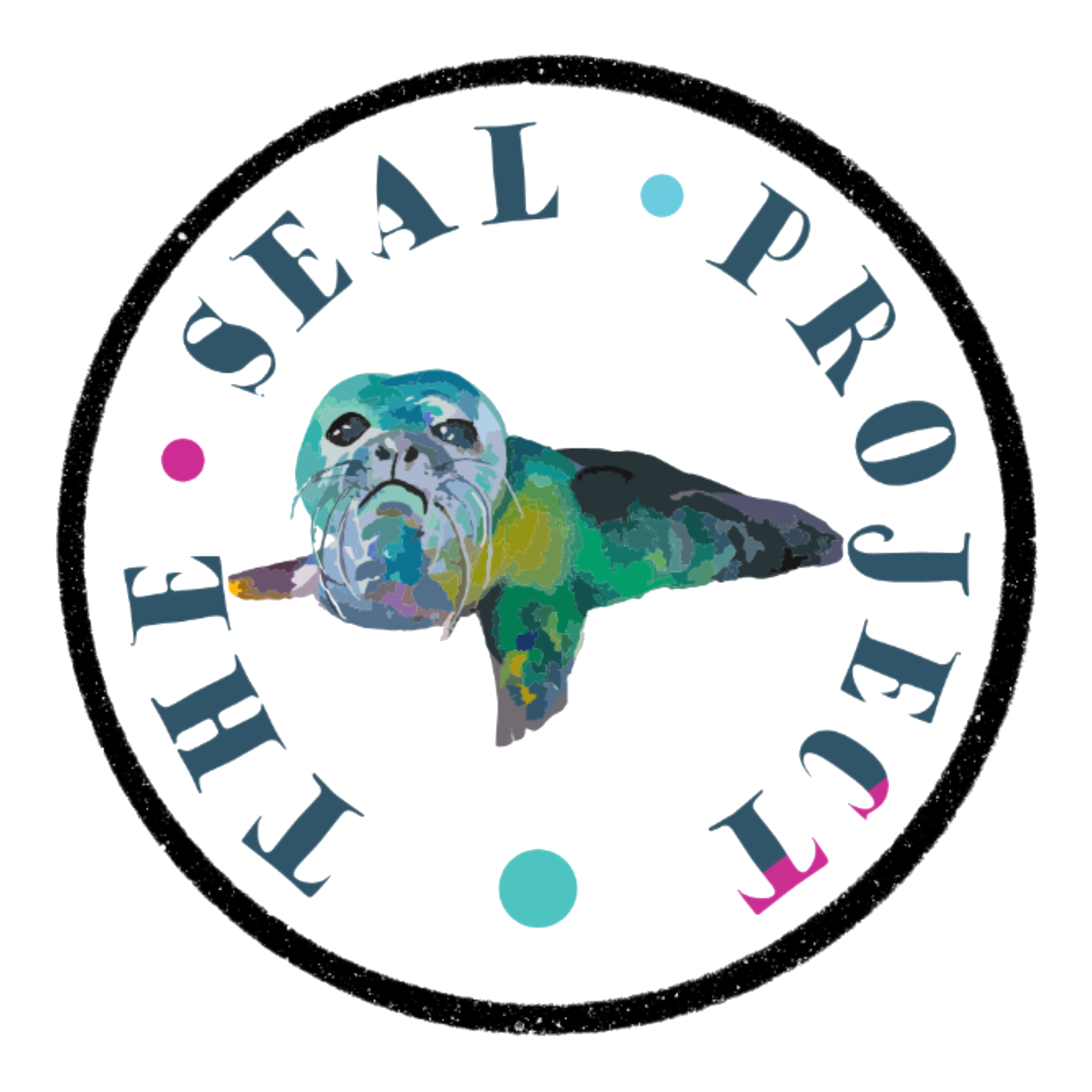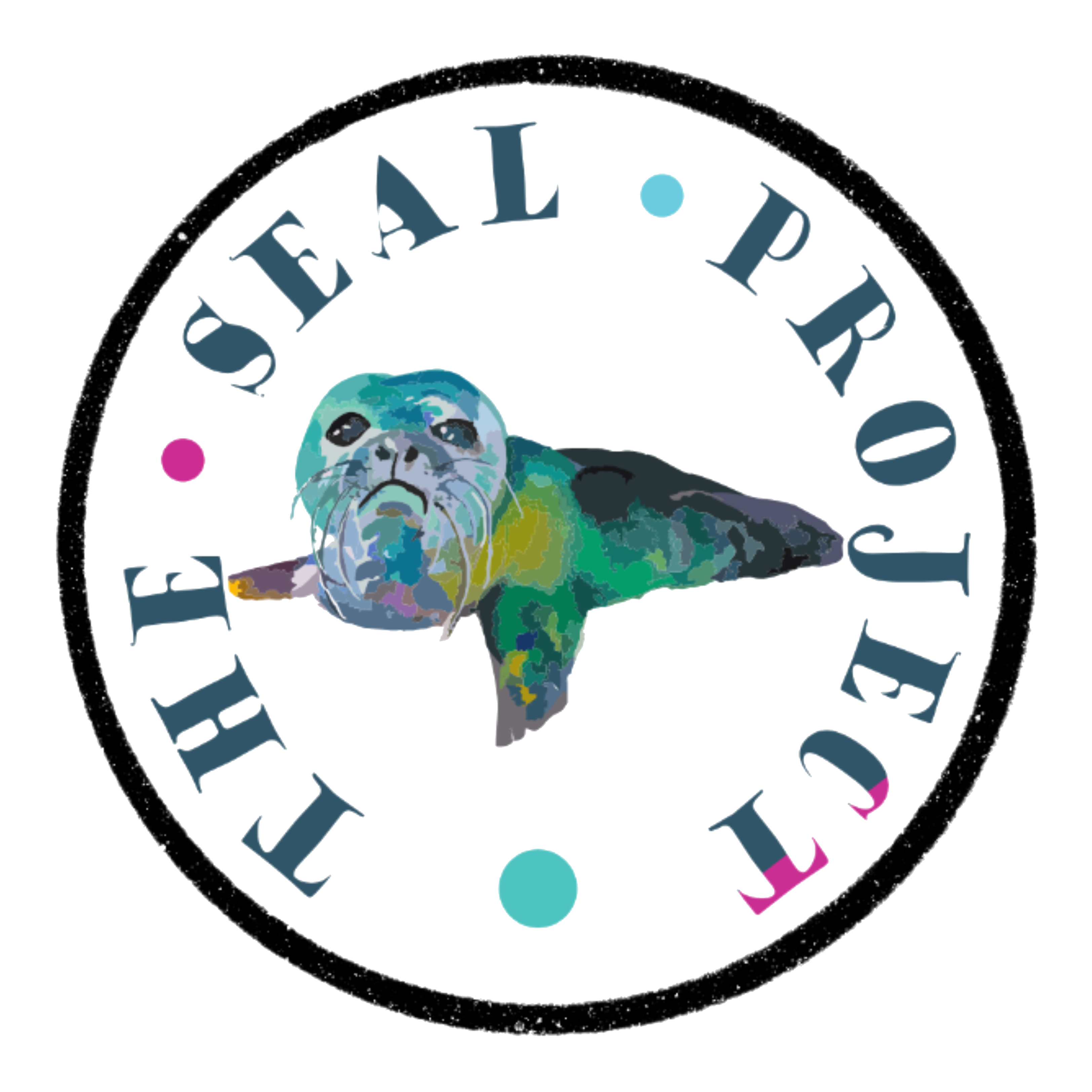Wildlife In Danger
If you have discovered or seen an animal in danger out that has died and you want to know what to do and who to call. Please see below for information.
When you find...
Below are the organisations you should contact when you find a situation…
Seals in distress or dead
Devon
The Seal Project
Cornwall
Seal Research Trust
Important: Remember that if you see a seal that is hauled out of the water, it may not be distressed or dead. Do not approach the seal under any circumstances, if you have a dog, make sure it's on a lead, and if possible return it to your car, or have a partner take it away from the area. If the dog starts barking this will distress a seal, and cause it to move away.
If you have any questions or concerns regarding seals locally, please feel free to call The Seal Project. We know many of these seals well and can often explain certain behaviours or scenarios without the need for a BDMLR Medic to be called out.
Whale or Dolphin - Stranded or Dead
Alive
British Divers Marine Life Rescue
Dead
Cetacean Strandings Investigation Programme
ALIVE - Important: If you find a cetacean that is still alive, please do not approach it. Call the BDMLR immediately. Please keep other people away from the animal while you are calling. You will receive instructions from the expert on the hotline.
DO NOT under any circumstances touch the animal.
Helpful identification information: Click Here
DEAD - Important: DO NOT touch the animal, it may carry disease. Moving the animal before directed or reported my also disturb valuable evidence of how the animal died. Be prepared to take pictures to email to CSIP. Find something that is a recognisable size that can be place near the animal (if juvenile or calf) to give a size comparison. For example a bag that you know the size of.
Further information can be found by Clicking Here
Logging

Seals are often seen sleeping in the sea, this can take the form of ‘bottling’ – sleeping sometimes with just their nostrils out of the water, or the face visible, nose pointing to the sky, they will then disappear under the surface for several minutes, possibly up to 15-20 minutes, before slowly re-surfacing, and can do this for some considerable time, just coming up for short intervals of time. This is perfectly normal. They are also seen lying horizontal on the surface of the water, often appearing to not be breathing. This again is perfectly normal sleeping behaviour and is known as ‘logging’.


